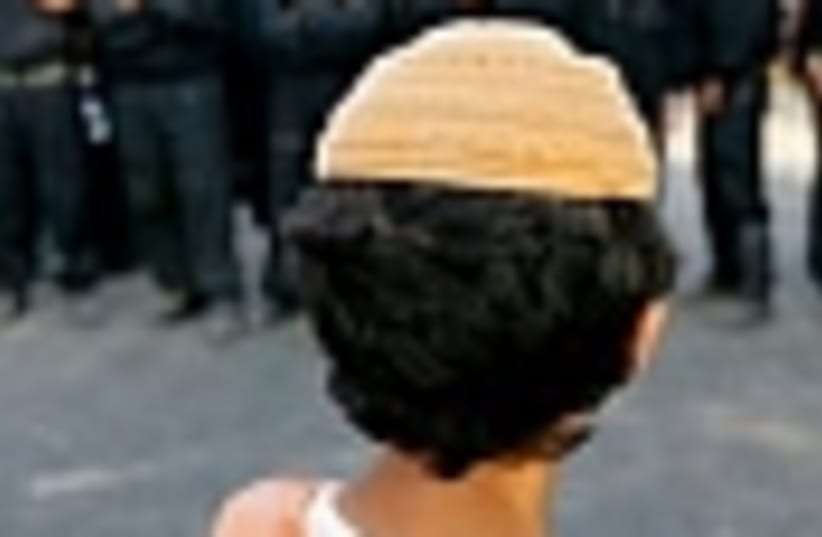| More about: | Chelsea Clinton, Yasser Arafat, Ehud Barak, The New Republic |
The divide we didn't know
In this season of introspection, Israeli society is struggling to understand the meaning of the withdrawal from Gaza. For all our conflicting assessme


| More about: | Chelsea Clinton, Yasser Arafat, Ehud Barak, The New Republic |